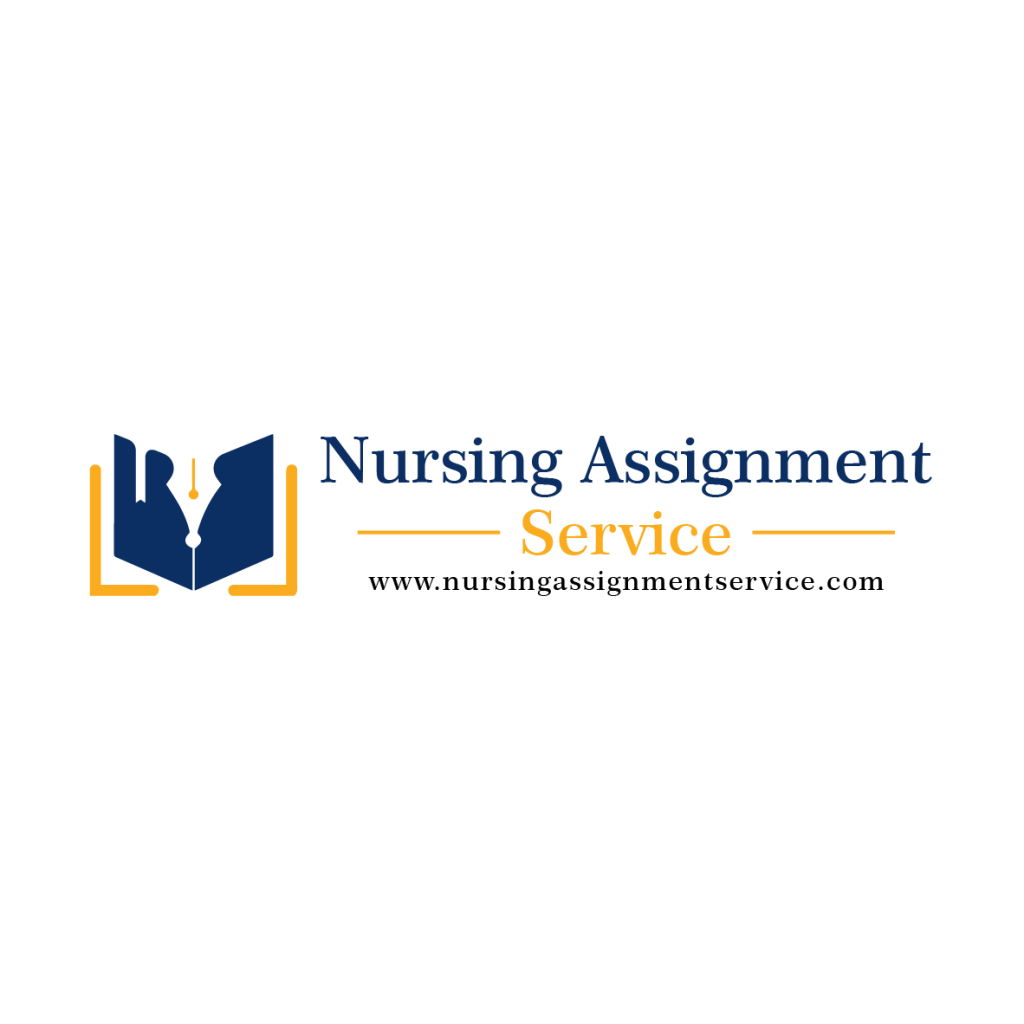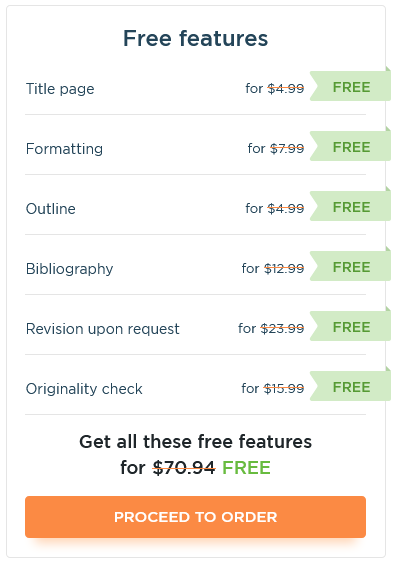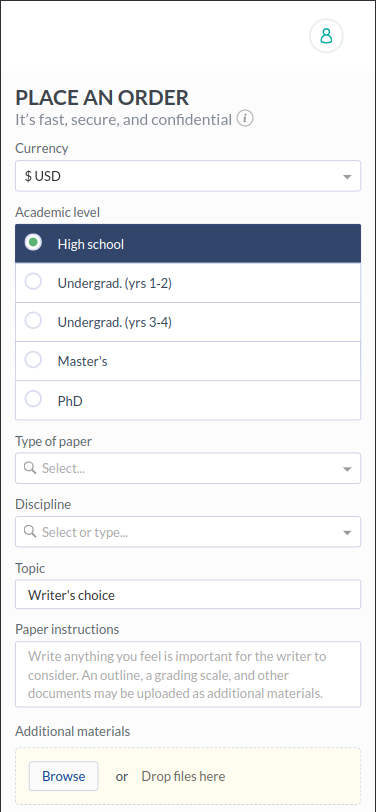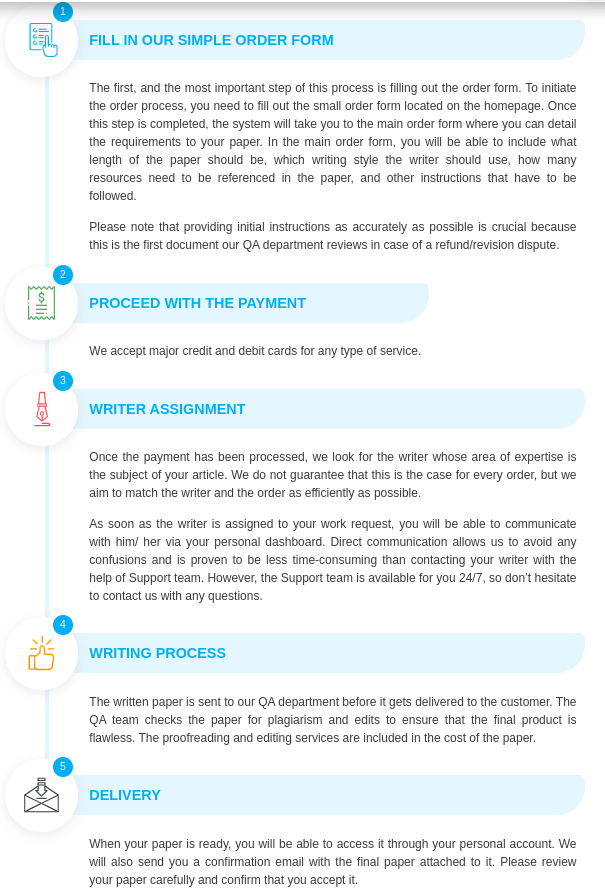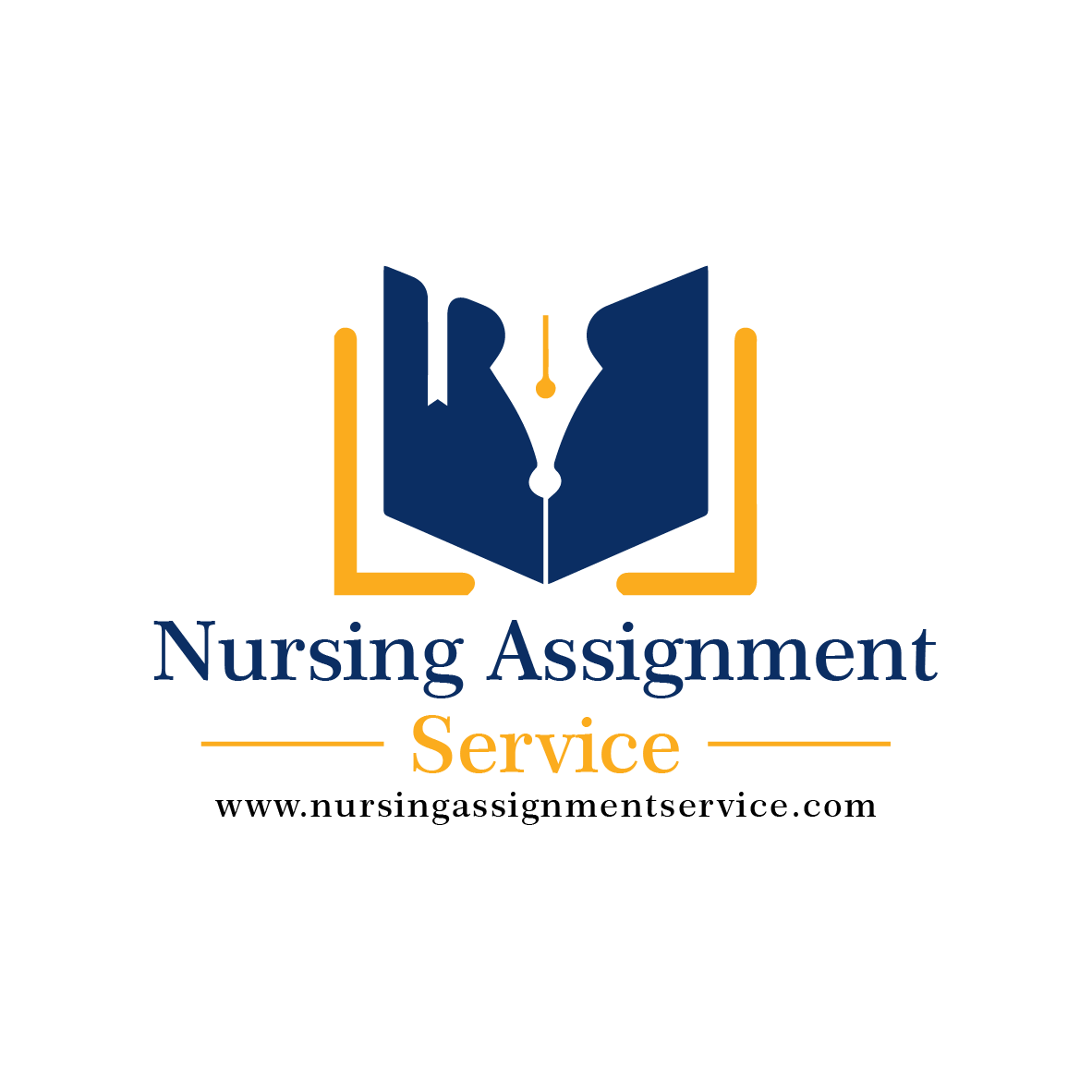NR 500 Week 3: Person-Centred Care
Purpose
The purpose of the graded collaborative discussions is to engage faculty and students in an interactive dialogue to assist the student in organizing, integrating, applying, and critically appraising knowledge regarding advanced nursing practice. Scholarly information obtained from credible sources as well as professional communication are required.
Application of information to professional experiences promotes the analysis and use of principles, knowledge, and information learned and related to real-life professional situations.
Meaningful dialogue among faculty and students fosters the development of a learning community as ideas, perspectives, and knowledge are shared.
NR 500 Week 3: Activity Learning Outcomes
Through this discussion, the student will demonstrate the ability to:
- Examine roles and competencies of advanced practice nurses essential to performing as leaders and advocates of holistic, safe, and quality care (CO1)
- Apply concepts of person-centered care to nursing practice situations (CO2)
- Analyze essential skills needed to lead within the context of complex systems (CO3)
- Explore the process of scholarship engagement to improve health and healthcare outcomes in various settings (CO4)
Due Date
A 10% late penalty will be imposed for discussions posted after the deadline on Wednesday, regardless of the number of days late. NOTHING will be accepted after 11:59pm MT on Sunday (i.e. student will receive an automatic 0 for any portion of the discussion not posted by that time). Week 8 discussion closes on Saturday at 11:59pm MT.
NOTE: To receive credit for a week’s discussion, students may begin posting no earlier than the Sunday immediately before each week opens. Unless otherwise specified, access to most weeks begins on Sunday at 12:01 a.m. MT, and that week’s assignments are due by the next Sunday by 11:59 p.m. MT. Week 8 opens at 12:01 a.m. MT Sunday and closes at 11:59 p.m. MT Saturday.
A zero is the lowest score that a student can be assigned.
Faculty may submit any collaborative discussion posting to Turnitin in order to verify originality.
Total Points Possible: 75
Requirements:
Discussion Criteria
I. Application of Course Knowledge: of Course Knowledge:
The student post contributes unique perspectives or insights gleaned from personal experience or examples from the healthcare field. The student must accurately and fully discuss the topic for the week in addition to providing personal or professional examples. The student must completely answer the entire initial question.
II. Engagement in Meaningful Dialogue: The student responds to a student peer and course faculty to further dialogue.
a. Peer Response: The student responds substantively to at least one topic-related post by a student peer. A substantive post adds content or insights or asks a question that will add to the learning experience and/or generate discussion.
- A post of “I agree” with a repeat of the other student’s post does not count as a substantive post. A collection of shallow posts does not equal a substantive post.
- The peer response must occur on a separate day from the initial posting.
- The peer response must occur before Sunday, 11:59 p.m. MT.
- The peer response does not require a scholarly citation and reference unless the information is paraphrased and/or direct quotes are used, in which APA style standards then apply.
Faculty Response: The student responds substantively to at least one question by course faculty. The faculty question may be directed to the student, to another student, or to the entire class.
- A post of “I agree” with a repeat of the faculty’s post does not count as a substantive post. A collection of shallow posts does not equal a substantive post.
- The faculty response must occur on a separate day from the initial posting.
- Responses to the faculty member must occur by Sunday, 11:59 p.m. MT.
- This response does not require a scholarly citation and reference unless the information is paraphrased and/or direct quotes are used, in which APA style standards then apply.
III. Integration of Evidence: The student post provides support from a minimum of one scholarly in-text citation with a matching reference AND assigned readings OR online lessons, per discussion topic per week.
- What is a scholarly resource? A scholarly resource is one that comes from a professional, peer-reviewed publication (e.g., journals and government reports such as those from the FDA or CDC).
- Contains references for sources cited
- Written by a professional or scholar in the field and indicates credentials of the author(s)
- Is no more than 5 years old for clinical or research article
- What is not considered a scholarly resource?
- Newspaper articles and layperson literature (e.g., Readers Digest, Healthy Life Magazine, Food, and Fitness)
- Information from Wikipedia or any wiki
- Textbooks
- Website homepages
- The weekly lesson
- Articles in healthcare and nursing-oriented trade magazines, such as Nursing Made Incredibly Easy and RNMagazine (Source: What is a scholarly article.docx; Created 06/09 CK/CL Revised: 02/17/11, 09/02/11 nlh/clm)
- Can the lesson for the week be used as a scholarly source?
- Information from the weekly lesson can be cited in a posting; however, it is not to be the sole source used in the post.
- Are resources provided from CU acceptable sources (e.g., the readings for the week)?
- Not as a sole source within the post. The textbook and/or assigned (required) articles for the week can be used, but another outside source must be cited for full credit. Textbooks are not considered scholarly sources for the purpose of discussions.
- Are websites acceptable as scholarly resources for discussions?
- Yes, if they are documents or data cited from credible websites. Credible websites usually end in .gov or .edu; however, some .org sites that belong to professional associations (e.g., American Heart Association, National League for Nursing, American Diabetes Association) are also considered credible websites. Websites ending with .com are not to be used as scholarly resources
IV. Professionalism in Communication: The post presents information in logical, meaningful, and understandable sequence, and is clearly relevant to the discussion topic. Grammar, spelling, and/or punctuation are accurate.
V. Wednesday Participation Requirement: The student provides a substantive response to the graded discussion question(s) or topic(s), posted by the course faculty (not a response to a peer), by Wednesday, 11:59 p.m. MT of each week.
VI. Total Participation Requirement: The student provides at least three substantive posts (one to the initial question or topic, one to a student peer, and one to a faculty question) on two different days during the week.
Sample Discussion Post
Person-centred care is care that involves the patient making choices on their medical conditions. The patient is part of the team, and the care is centered around them based on their values and needs. To provide high-quality care, you cannot just look at a patient and treat the diagnosis or illness but rather as a whole person. Person-centered care first came into view in the 1980s with concerns about residents’ care at nursing homes. The Institute of Medicine introduced person- centred care as a guideline and requirement at nursing homes. The practice of person-centred care continues to grow and is now embraced worldwide (McCormack et al., 2015). As a nurse practitioner, I will be applying the principles of holistic nursing, cultural humility, and self-reflection when providing care to my patients.
Holistic nursing refers to caring for the patient as a whole person, focusing on the physical illness and their emotions, body, mindsets, environment, and religion. Holistic nursing is recognized by the American Nurse Association (ANA) as a specialty that nurses can practice. Some examples of holistic nursing interventions include massage, deep breathing exercises, and guided imagery. For some patients, deep breathing exercises can help relieve stress, while for some others, it does not. Holistic nursing focuses on developing a treatment plan that is unique to each patient (Thornton, 2019).
Cultural humility is self-awareness of your own cultures and providing care that is not biased when other’s beliefs and cultures are different from yours. This country is full of people with different cultures and diversity, and it is important to respect everyone’s beliefs and preferences to provide patient-centered care. To treat the person as a whole, as providers, we have to be open-minded and recognize each patient’s cultural experiences. I am Vietnamese, and I know how important it is to respect and learn one’s culture. Some people see pain as weakness in my culture, so they often deny any pain and do not show it unless it is unbearable. Also, it is essential to recognize when there is a language barrier to use a professional interpreter to communicate effectively with the patient (DeNisco &Barker, 2015).
Self-reflection is the ability to look at yourself and recognize your beliefs, emotions, thoughts, and actions. When providing care for patients, it is vital to self-reflect and not project your thoughts and views. It can help us recognize any behaviors we need to work on to establish a stronger relationship with the patients (Rasheed, 2015). For example, I had a patient who requested a female nurse because she did not feel comfortable having a male nurse assessing her body. Instead of questioning the patient or judging her, we respect her decision. By reflecting on myself and being open-minded, I can understand where my patient is coming from. Self-reflection is an ongoing process because there is always something that we all can improve on every day.
As a nurse practitioner, trust is the first important thing that I want to establish with my patients. If the patients do not trust me, it will affect the health outcomes and experiences. The one common thing I hear from patients as a nurse is they remember how we treat them. When I step into the room, how I carry myself and what I say will affect how the patients respond. It is vital for me to self-reflect and understands my values and beliefs to avoid bias toward my patient. Each individual is unique and different, with many different cultural backgrounds. To provide high-quality care, I will need to understand and respects my patient’s cultures, beliefs, and needs. It is essential to apply holistic nursing and treat them as a whole and not just their illnesses. Patients come to us for help, and they do not want someone who talks medical jargon to them. They want to be seen for who they are as an individual behind the medical diagnosis.
References
DeNisco, S.M. & Barker, A.M. (2015). Advanced practice nursing: Essential knowledge for the profession (3rd ed.). Jones & Barlett Learning.
McCormack, B., Borg, M., Cardiff, S., Dewing, J., Jacobs, G., Janes, N., Karlsson, B., McCance, T., Mekki, T. E., Porock, D., van Leishout, F., Wilson, V. (2015). Person-centredness-the ‘state’ of the art. International Practice Development Journal, 5.
Rasheed, S.P. (2015). Self-awareness as a therapeutic tool for nurse/client relationship. International Journal of Caring Science, 8(1), 211-216.
Thorton, L. (2019). A Brief History and Overview of Holistic Nursing. Integrative medicine (Encinitas, Calif.),18(4),32-33.
Our team of expert nursing writers at Nursing Assignment Service can help you with your NR 500 Week 3 Discussion, place your order here.
